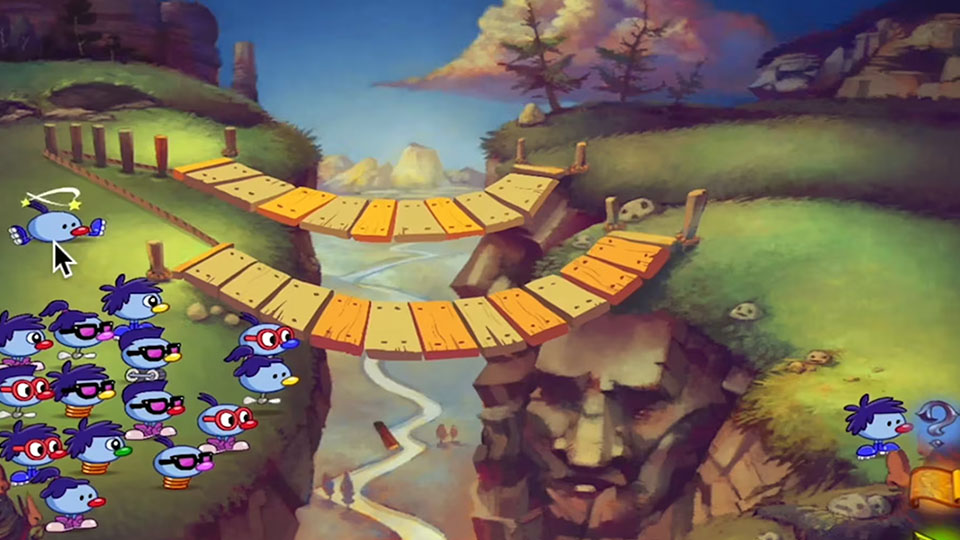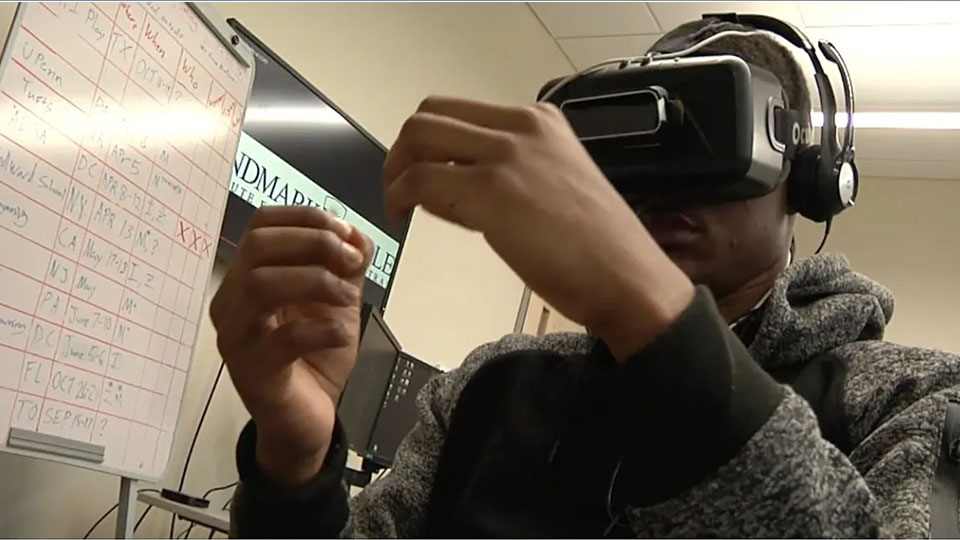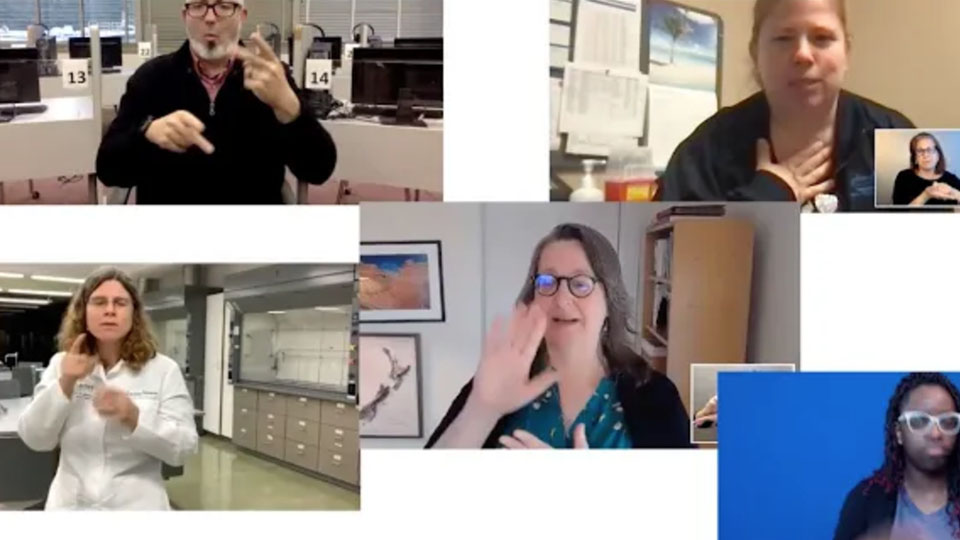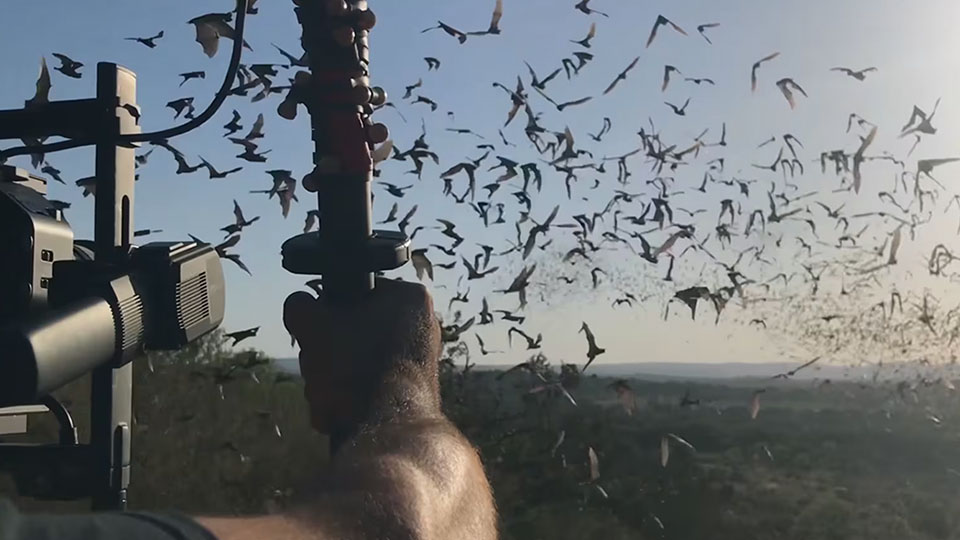Including Neurodiversity in Foundational and Applied CT
Description
This video describes a work in progress from a current US Dept of ED EIR grant. INFACT brings together designers and research in Computational Thinking education, cognitive science, and data mining to build adaptive scaffolds for executive function within CT learning activities for elementary and middle school learners (grades 3-8). INFACT is a set of game-based interactives along with coding and robotic activities, and offline conceptual and hands-on activities; all delivered with differentiated scaffolds for neurodiverse learners.
See more about this project: https://www.terc.edu/ndinstem/about/infact/
US Dept of ED EIR Award: U411C190179
Discussion
This discussion took place during the TERC Video Showcase Event Nov. 14-21, 2023. Discussion is now closed.
6 Comments
November 14, 2023 7:15 pm
Jodi and team – I love the asset-based approach of this project. The point that schools are trying to fix the learners rather than letting the learners fix the school is very powerful. I wonder if or how the INFACT portal can help drive this point home as teachers select the activities for the class and learner. Is there any associated professional development or ways to shift teachers’ thinking from a deficit- to asset-based lens on neurodivergent learners through INFACT?
November 15, 2023 9:49 am
Thanks Jillian. Erin Bardar and Tara Robillard have a pending DRK12 to develop PD for teachers around EF and STEM. You are right that they need help in making that shift. The portal we designed for this project was useful in differentiation, but it was also a heavy lift for teachers who were new to the topic. We created default sequences so they could get started and then differentiate as they learned and experienced more. We are hoping to get a mid-phase EIR for this project next year so that we can better design a differentiation interface that guides and supports teachers in their implementation.
November 15, 2023 2:23 pm
Great video. I wanted to “thumbs up” Jillian’s comment above! I especially liked that specific assets were named in the video. I am keeping my fingers crossed that the DRK12 to develop PD for teachers gets funded. I’ve worked in classes with students that struggled with some of the work that their neurotypical peers found “easy” but absolutely thrived when working with technology and engaged in pattern finding, divergent thinking, and problem solving. In fact, I also parented such a kid. Without a parent with a degree in cognitive psychology who can point to strengths and suggest simple accommodations that make it possible for such students to engage with the main learning purpose of a task, these students can become labeled “under achievers” or just written off as never being able to achieve at the level of their neurotypical peers. I love that you are focusing these efforts on computational thinking and building scaffolds into an engaging gaming environment. I’m really curious about the scaffolding for teachers built into the scaffolding tools for learners–and how interacting with the tools designed to support neurodiverse learners might become a form of PD as well.
November 16, 2023 3:35 pm
thanks Traci. The scaffolds include graphical organizers for working memory, highlighting tools for visual attention, expression tools for metacognition, and teaching strategies including metacognitive prompts, vocabulary tools, multiple modalities of delivery and expression, and multiple entry points into activities. Teachers found the multiple modalities, particularly the “get up and go” physical activities to be most useful to engage the active, high-energy learners.
November 16, 2023 2:42 pm
Jodi and team – we’ve seen the same empowerment of students in our classrooms where students are making games themselves using Scratch. Just like the teacher in your video, teachers reported seeing their neurodiverse students shining, showing facets of themselves that the teachers had not known before. Yes, PD will be critical. I’d love to hear more about the PD design that you propose…
November 16, 2023 3:37 pm
Thanks Gilly. Erin Bardar and Tara Robillard will (if funded) design a PD course in AVID focusing on an asset-based perspective to neurodiversity, connections between STEM and neurodiversity, and practical strategies for implementing the scaffolds mentioned above in my response to Traci. Fingers crossed we get it!!!!
Presenters
Lead Presenter

Jodi Asbell-Clarke
TERC
TERC
Co-Presenters

Teon Edwards
TERC
TERC
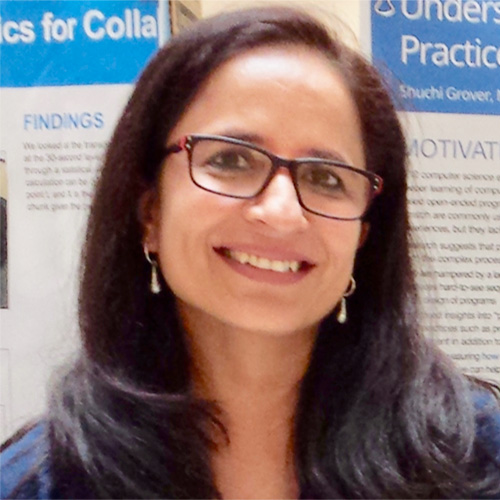
Shuchi Grover
Looking Glass Ventures
Looking Glass Ventures

Maya Israel
University of Florida
University of Florida

Fengfeng Ke
Florida State University
Florida State University

Kelly Paulson
TERC
TERC

David Weintrop
University of Maryland
University of Maryland


